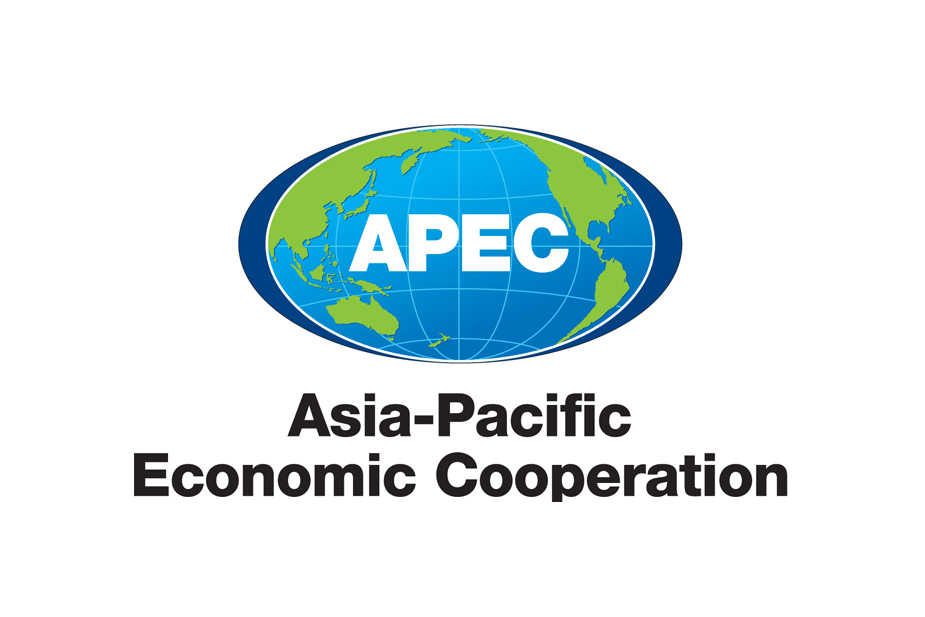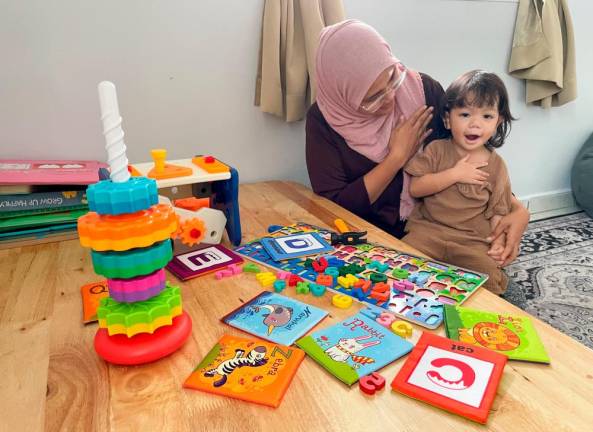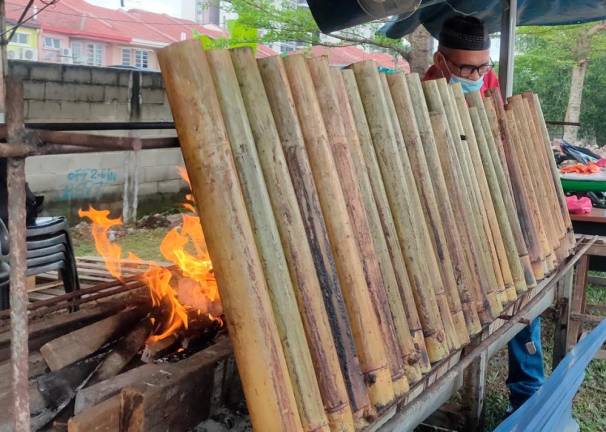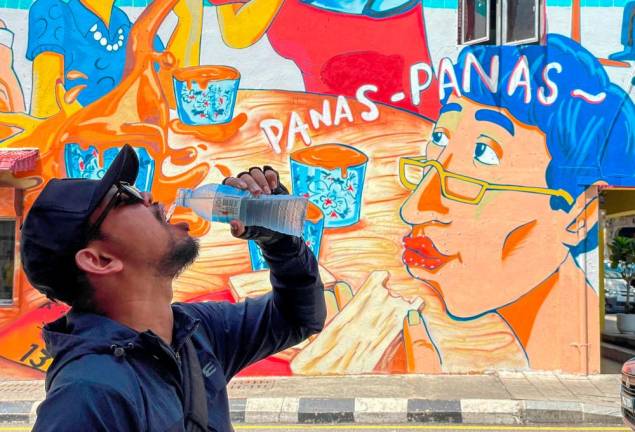KUALA LUMPUR: The period of uncertainty due to the Covid-19 pandemic should be seen as an opportunity to strengthen the systems that Asia-Pacific Economic Cooperation (Apec) member countries have grown to rely on so much over the years, Apec Secretariat executive director Tan Sri Rebecca Fatima Sta Maria said.
This could mean setting clear-cut standards and comprehensive security programmes to build more resilient supply chains that facilitate the steady flow of medicine, vaccines and personal protective equipment, she said.
“Positive changes of this sort will go a long way toward galvanising trust in our system, processes and procedures. Then, we can be in a constant state of preparedness in the event of future health crises,” she said in an interview featured on Southeast Asia’s business news site, Investvine.
Rebecca said Apec’s work was mainly focused on enabling smooth flow of goods, services, investment and people across the region, which would contribute to economic growth and prosperity. Therefore, work in that area needs to continue.
“Given the current pandemic and the health and economic crises we are facing, members are discussing efforts for recovery -- how we can ensure, for example, the smooth flow of essential goods, including staple foods and medical goods,” she said.
She noted that every government hit by the pandemic was waging a two-front war: combating the spread of the virus and fighting its socioeconomic effects.
“To contain the pandemic and limit suffering is the immediate, undeniable priority. Many have enacted extraordinary efforts to identify and treat those infected,” she said.
She said managing the socioeconomic front required greater cross-border collaboration and a forward-looking perspective.
“Even a short economic shutdown can translate into job losses and an increase in poverty that could have a lingering impact beyond the short term.
“The longer this lockdown is necessary -- and we do not know how long it will be -- the more thought must be put into hastening recovery afterwards,” she said.
Rebecca said member countries agreed that ensuring a sound healthcare system was crucial for moving forward.
She said for example, having a pandemic checklist or respective toolkit would help member countries to prepare for future health emergencies.
“Member countries need to have a risk-management mindset for looking at economy and trade,” she said.
Rebecca said the pandemic had also shown the importance of technology, particularly the digital economy.
“Many small businesses around the world have shut their shops. Some are dealing with it by moving their businesses online,” she said.
She said companies were forced to enable telecommuting and work-from-home and workers had to adapt to this new lifestyle.
Rebecca said Apec might need to look at trade differently in the future and accelerate its work around the digital economy through the recently established Apec Digital Economy Steering Group.
She said work in promoting sustainable and inclusive tourism within Apec was also underway and Apec was aligning policies among member economies to facilitate future travel and were improving coordination mechanisms.
“We aim to bolster efforts in strengthening the resiliency of tourism by incorporating risk and emergency management measures, and we’re in the process of reviewing the existing work plans and goals, to ensure they will conform to the new normal,” she said.
On the annual Apec meeting, Rebecca said Malaysia, as the host of Apec 2020, was leading the work forward for Apec this year by optimising technology and arranging virtual meetings.
According to her, the Apec Secretariat stand ready to support Malaysia whether meetings are held virtually or if decisions are taken later for entirely physical meetings.
“We will have to wait and see what the arrangements will be for the next meetings,” she said.
She said Apec was working closely with health agencies around the region, including with the World Health Organisation, and would follow their advice carefully as the safety and health of delegates and Malaysians are of utmost importance.
Last February, when Covid-19 was still an epidemic, Malaysia had successfully hosted the first set of technical meetings and meetings of senior officials in Putrajaya by implementing a high standard of safety measures. — Bernama













